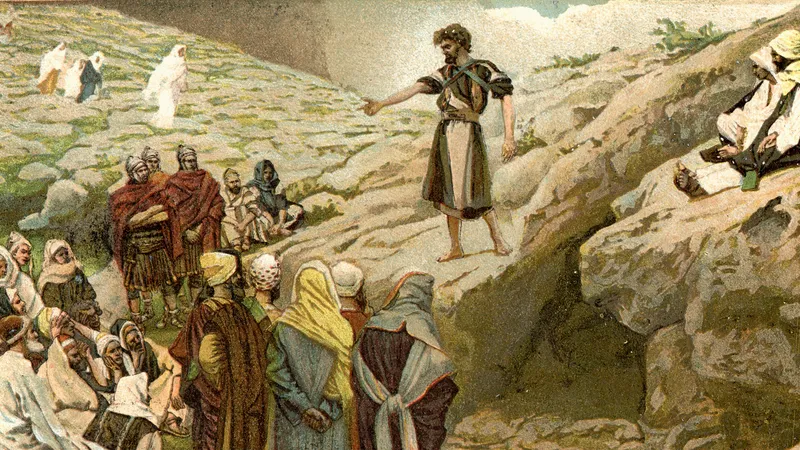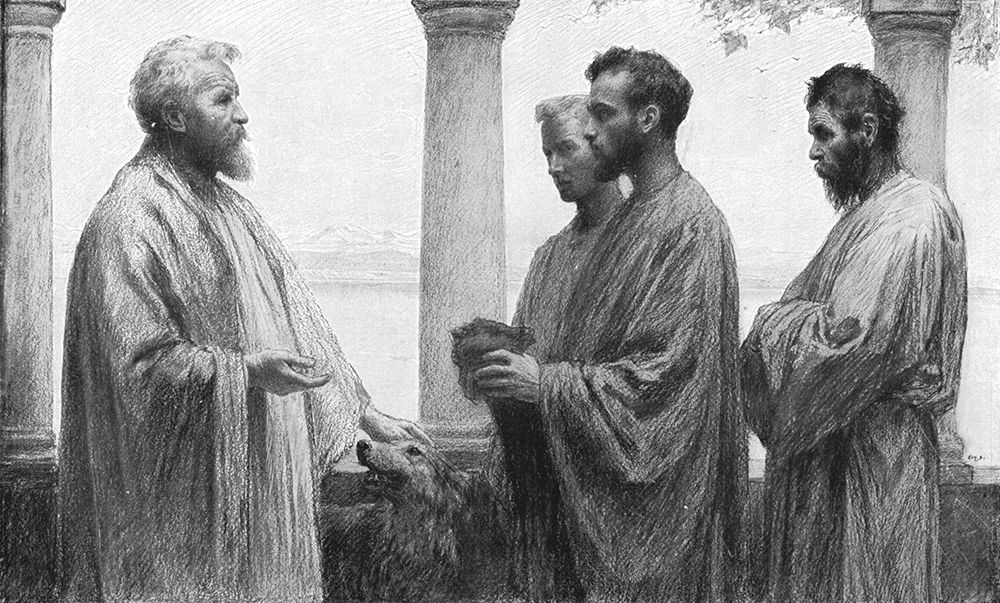(A Special Message for Ministers of the Gospel)
As a servant of God, are you preaching Christ in the fullness of truth?
In today’s ministry, it is easy to be drawn toward signs, miracles, and wonders as the primary means of presenting the gospel. However, if your focus is on miracles alone and you fail to preach Jesus Christ in the entirety of truth, that is a great loss—both for you and for those who hear you.
Let us consider a remarkable example from Scripture—John the Baptist. He performed no miracles at all, and yet his ministry was highly esteemed by God. Why? Because he bore witness to the truth about Jesus Christ with absolute integrity and boldness.
John’s Impact Without Miracles
John 10:40–42 (NKJV):
“And He went away again beyond the Jordan to the place where John was baptizing at first, and there He stayed. Then many came to Him and said, ‘John performed no sign, but all the things that John spoke about this Man were true.’ And many believed in Him there.”
Did you catch that?
John did no miracles—he did not cast out demons, heal the sick, call down fire from heaven like Elijah (even though he came in the spirit and power of Elijah – Luke 1:17), nor did he walk on water. Yet, everything he testified about Christ was true, and because of that many believed.
That unwavering truthfulness and bold proclamation of Jesus made him the greatest of the Old Testament prophets.
Jesus’ Testimony About John
Luke 7:26–28 (NKJV):
“But what did you go out to see? A prophet? Yes, I say to you, and more than a prophet. This is he of whom it is written: ‘Behold, I send My messenger before Your face, who will prepare Your way before You.’ For I say to you, among those born of women there is not a greater prophet than John the Baptist; but he who is least in the kingdom of God is greater than he.”
Though John never performed a single sign, Jesus Himself called him greater than all other prophets who had come before him. Why? Because he faithfully preached the full truth about Christ—calling people to repentance, preparing hearts for the Messiah, and warning of the judgment to come.
Truth Matters More Than Signs
This shows us clearly: what matters to God is not how many miracles you perform, but how faithfully you preach the truth about Jesus.
Are you, as a minister of the gospel, preaching about:
-
The danger of sin and the coming judgment?
-
The necessity of water baptism and the baptism of the Holy Spirit?
-
The reality of the rapture, heaven, and the lake of fire?
-
Repentance, holiness, and bearing fruits worthy of repentance?
Or are you preaching only about:
-
Blessings and breakthroughs?
-
Deliverance and comfort?
-
Love and grace, while ignoring God’s justice?
To preach Christ in the fullness of truth means to declare the whole counsel of God (Acts 20:27)—not just the parts that make people feel good or gain popularity. We must not dilute or soften the gospel to please the crowd.
John’s Bold Call to Repentance
Luke 3:7–9 (NKJV):
“Then he said to the multitudes that came out to be baptized by him, ‘Brood of vipers! Who warned you to flee from the wrath to come? Therefore bear fruits worthy of repentance, and do not begin to say to yourselves, “We have Abraham as our father.” For I say to you that God is able to raise up children to Abraham from these stones. And even now the ax is laid to the root of the trees. Therefore every tree which does not bear good fruit is cut down and thrown into the fire.’”
John didn’t flatter his audience. He confronted sin, called for genuine repentance, and warned of divine judgment. This is what preaching Christ in truth looks like.
Final Exhortation
Dear minister of God, Christ must be proclaimed in His entirety: His love and His lordship, His grace and His judgment, His comfort and His call to holiness.
Do not be a preacher of partial truth, but of the whole gospel. Let us not seek signs to impress people while neglecting the truth that transforms souls. Faith comes not by seeing signs, but by hearing the Word of God (Romans 10:17).
May the Lord help us to remain faithful.
Maranatha – The Lord is Coming!









